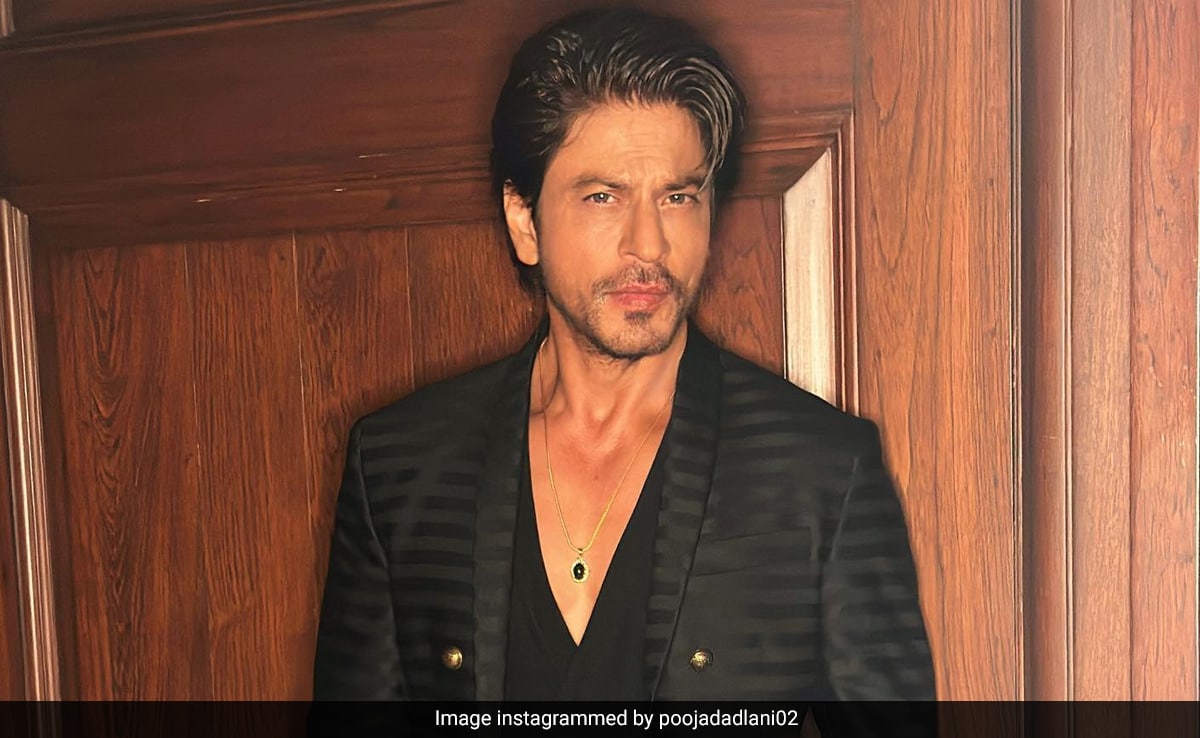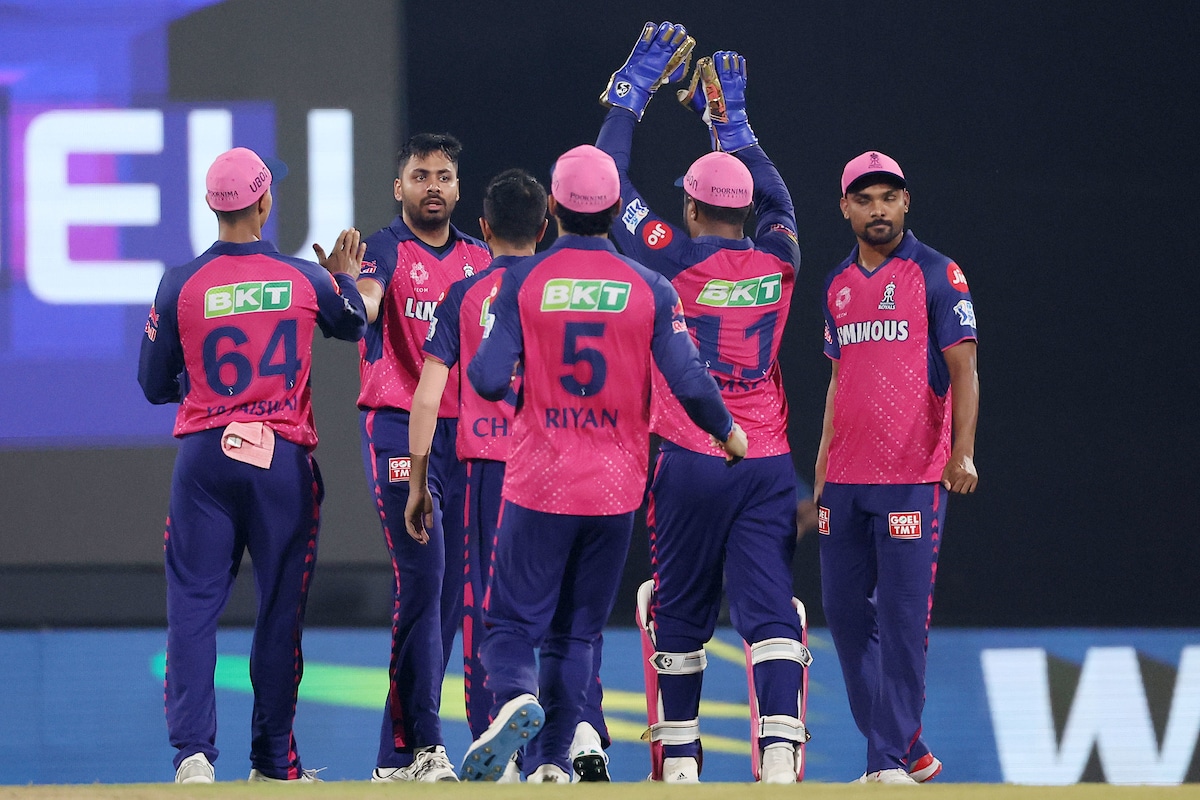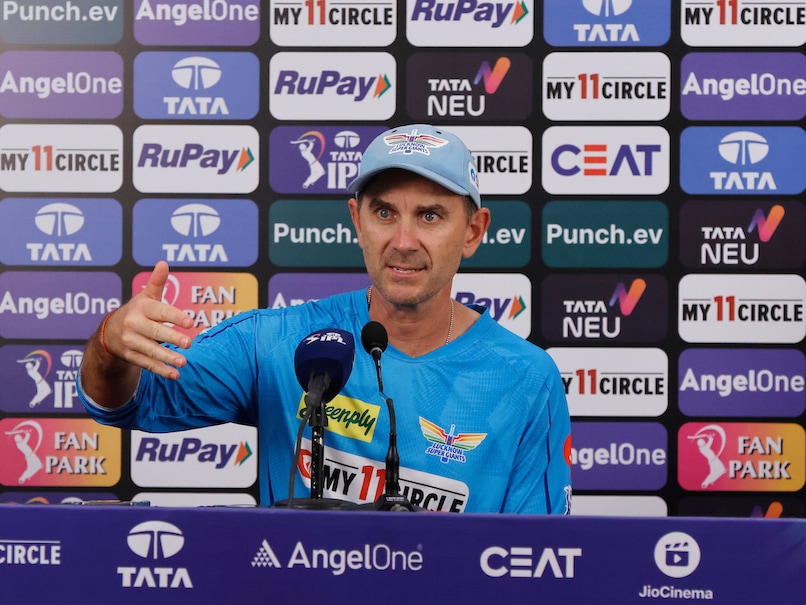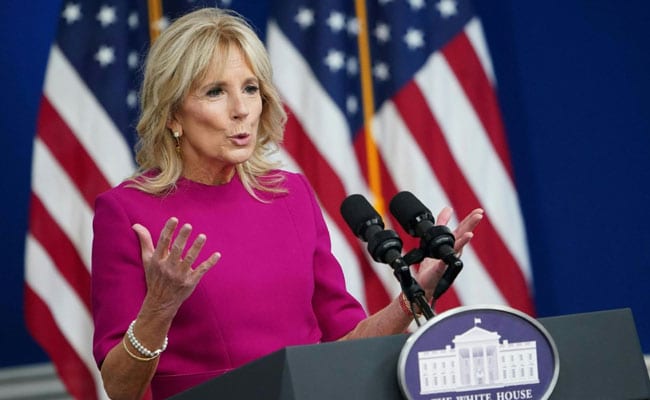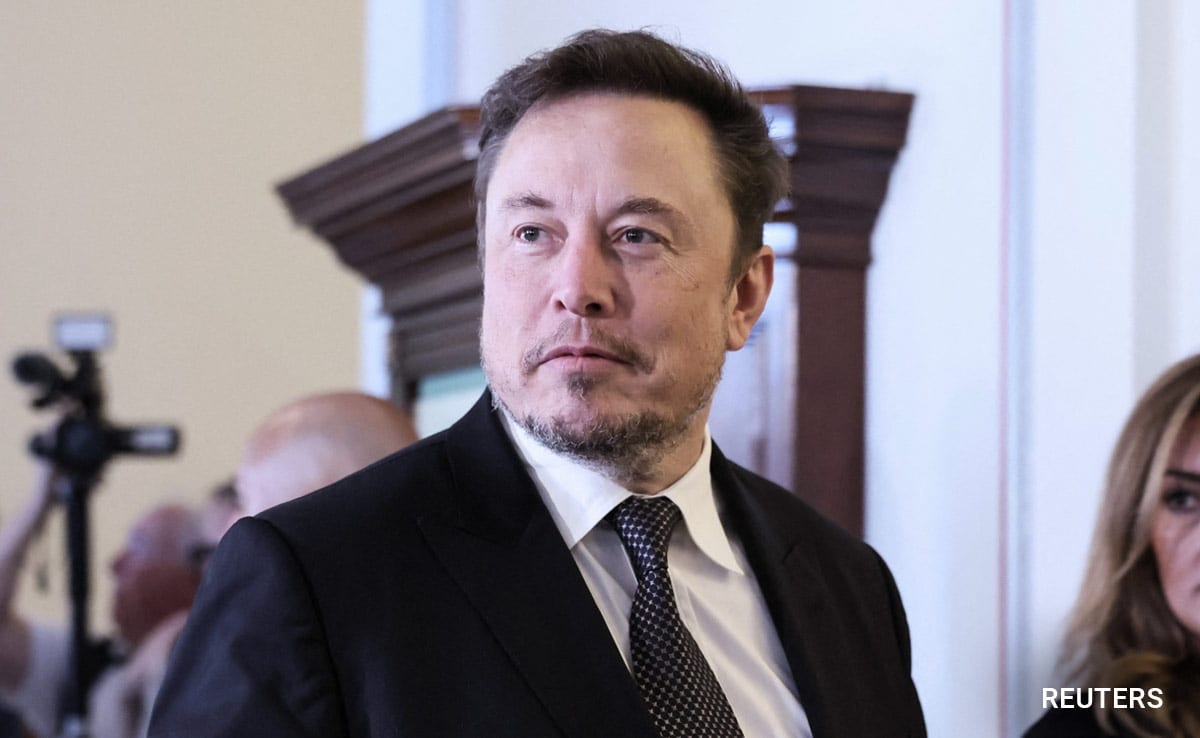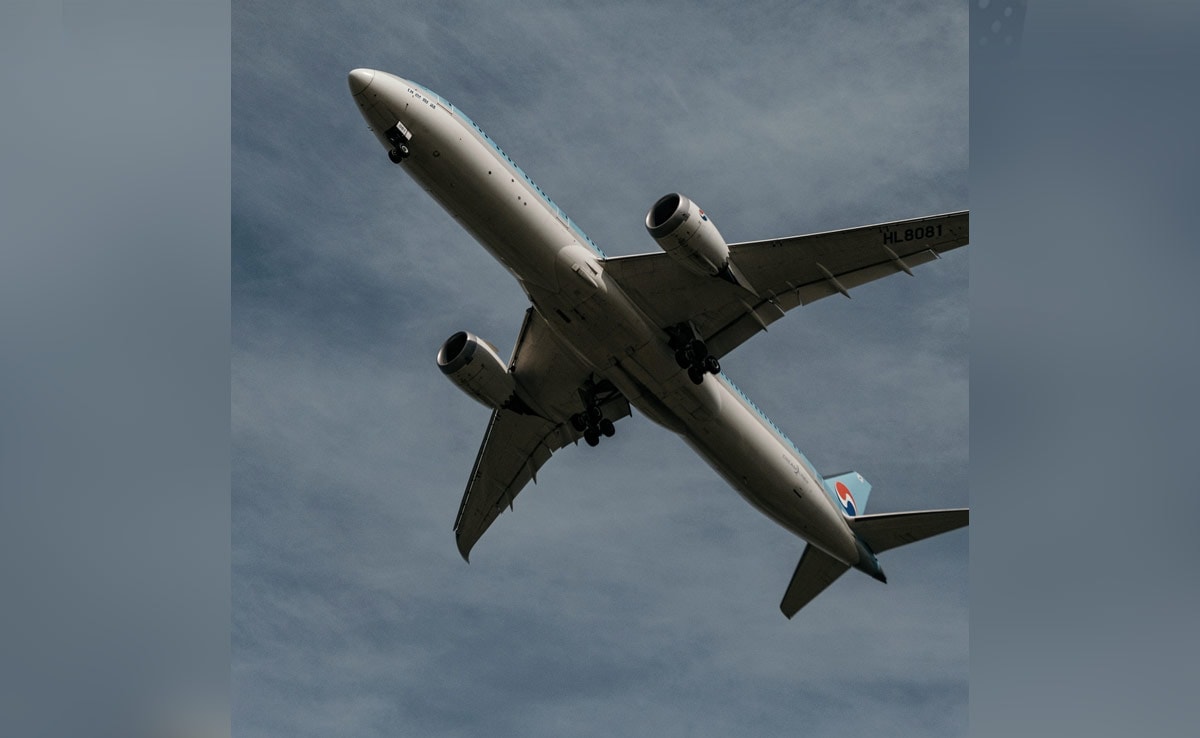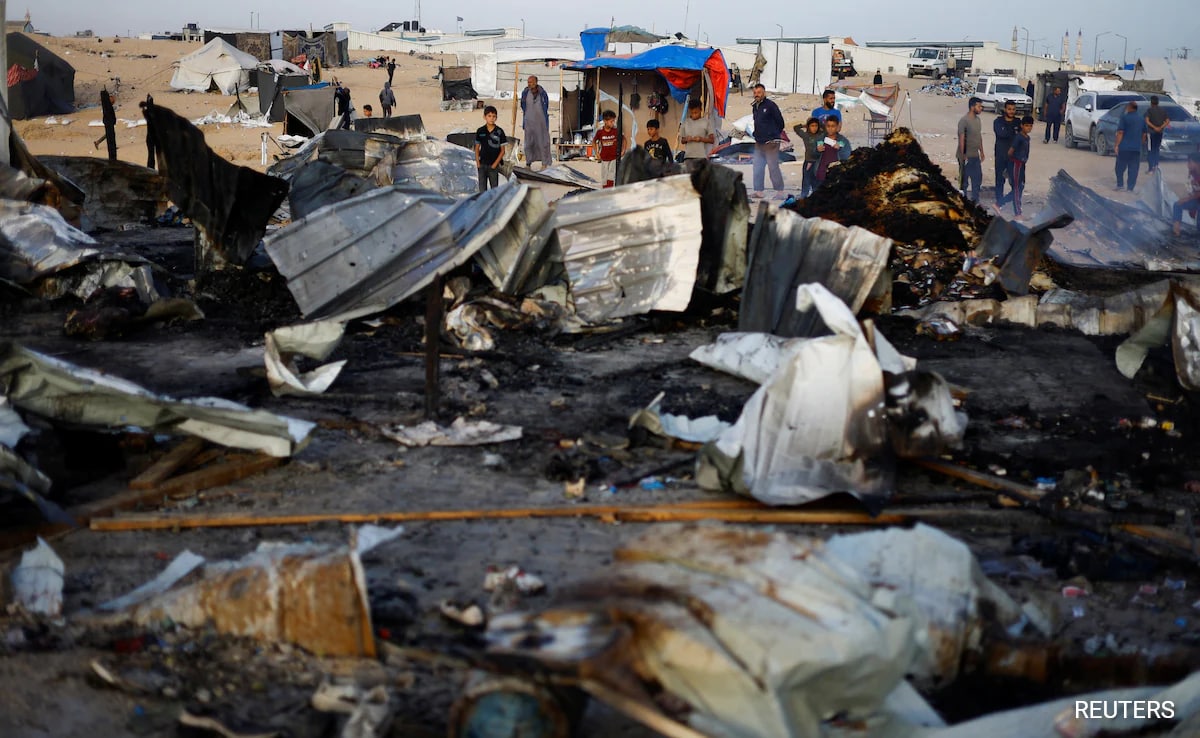Prime Minister Narendra Modi and Bangladesh PM Sheikh Hasina during a ceremonial reception for Bangladesh PM at Rashtrapati Bhawan, in New Delhi on Saturday.
| Photo Credit: Sushil Kumar Verma
India and Bangladesh on Saturday agreed to begin a dialogue on a comprehensive economic partnership agreement (CEPA) paving the way for broader economic ties between the two neighbouring economies.
In his welcome remarks delivered at the Hyderabad House, Prime Minister Narendra Modi said the two sides will intensify connectivity and energy collaboration, and announced that trade between the two countries is being conducted in the Indian currency.

“Between Akhaura and Agartala, the sixth India-Bangladesh cross-border rail link has been started. Cargo facility for India’s northeastern States has been started through the Khulna-Mongla Port. Mongla Port has been connected by rail for the first time. Both units of the 1,320 mega watt Maitree Thermal Power Plant have started generating electricity. Trade in Indian Rupee (INR) has started between the two countries,” Mr. Modi said.
Prime Minister Sheikh Hasina arrived here on Friday on a two-day visit, the first state visit by a foreign leader since Prime Minister Narendra Modi took charge for the third term on June 9. The two sides signed multiple MoUs covering maritime cooperation and economy, rail connectivity, oceanography, health and disaster management among others. Elaborating on the MoU on railway connectivity that was exchanged on Saturday, Foreign Secretary Vinay Mohan Kwatra said that apart from the six existing cross-border railway links between the two countries, the document focuses on “transit that they afford between different parts of India through the territory of Bangladesh.”
“The connectivity essentially strengthens a very large part of economic infrastructure within Bangladesh. It’s effectively a connectivity paradigm that benefits both the countries, both the societies, both the economies, very extensively,” said Mr. Kwatra explaining that “sub-regional transit that Bangladesh would get to Bhutan and Nepal would be further expanded and strengthened.” It is understood that India will attempt to run a train service in the near future that will connect north-eastern States like Tripura with West Bengal through the territory of Bangladesh.
Welcoming the leader of Bangladesh, Mr. Modi announced that India will open an Assistant High Commission in Rangpur in the northern part of the country. Rangpur, which is strategically located between West Bengal and Assam, is also important as it is nurtured by the waters of the Teesta, which is a matter of protracted negotiation between India and Bangladesh. India’s Deputy High Commissioner sits in the High Commission in Dhaka and therefore the mission in Rangpur will be a subsidiary office, sources here said.
Team on Teesta
During the event in Hyderabad House, Mr. Modi announced that a technical team from India will soon visit Bangladesh to discuss “conservation and management of the Teesta river”. In the backdrop of stalled negotiations on the sharing of the waters of the Teesta, Bangladesh came up with the project to conserve Teesta and subsequently, the project drew interest from New Delhi. The project is also likely to feature in the agenda when Ms. Hasina visits China next month, as China too has displayed interest in the project regarding the cross-border river
Medical e-visas
Mr. Modi also announced that India will start issuing e-medical visas to deal with the surging demand for medical visas from Bangladesh. Bangladesh has been complaining about delays in getting visas that are often urgently required for individuals who seek medical treatment in Indian hospitals. The e-medical visas are aimed at dealing with that increase in demand.
Speaking after Mr. Modi, Prime Minister Hasina said she discussed “politics, security, trade, connectivity, sharing of water from common rivers, power and energy, regional and multilateral cooperations”. Foreign Secretary Kwatra said the two leaders discussed the Rohingya issue, which has remained on top of the agenda, since more than a million Rohingya refugees came to Chittagong after they were displaced by the Myanmar military from the crisis-torn Rakhine province.
The two sides also signed an MoU on launching small satellites.
Ms. Hasina described her visit as “incomparable” as this is her second visit to India within a span of 10 days. She had attended the swearing-in ceremony of Mr. Modi on June 9. She invited PM Modi to visit Bangladesh to witness the development projects that are currently under way in that country.


